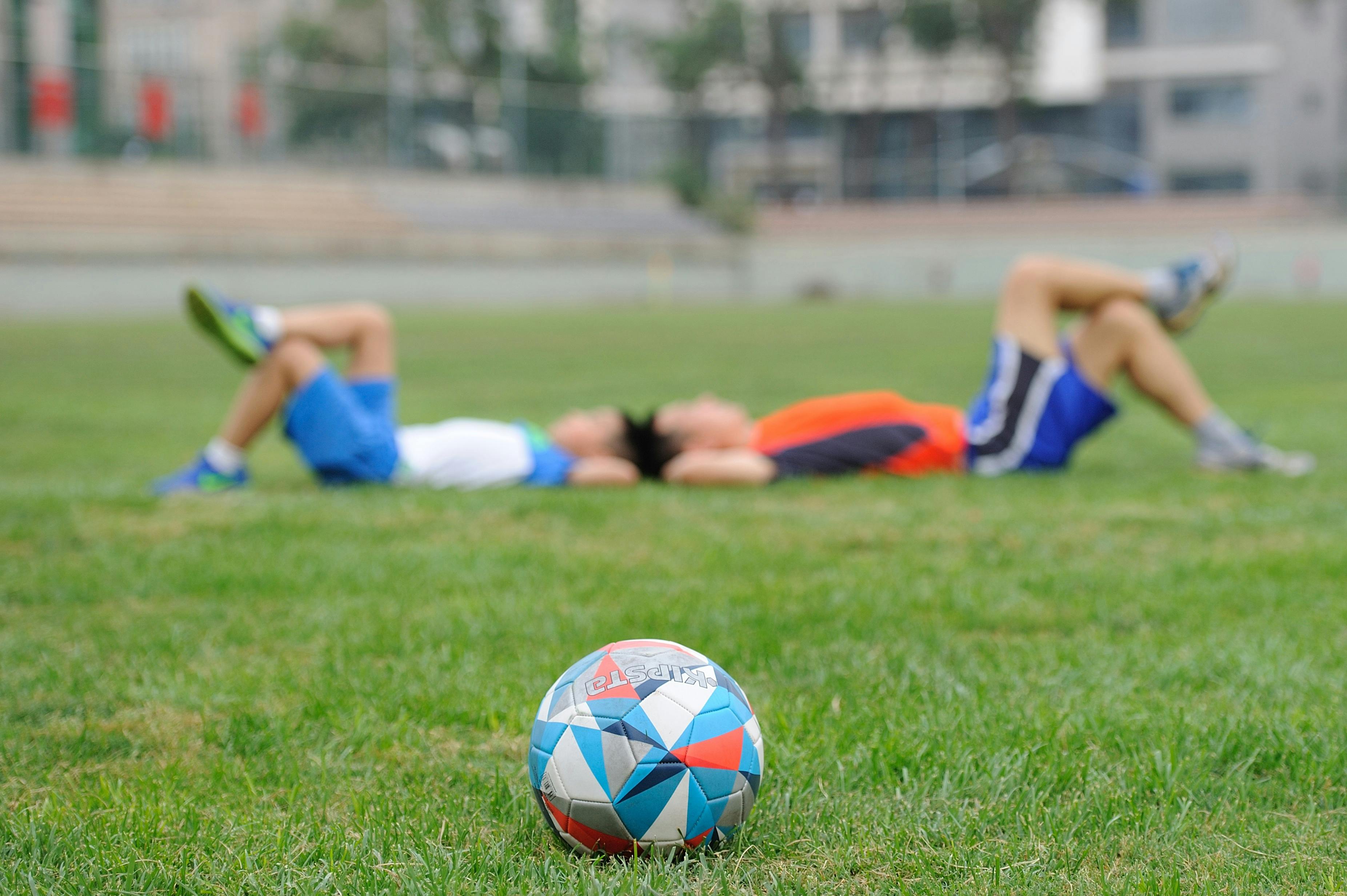1. Promote a Growth Mindset
Encourage a growth mindset by emphasizing effort, learning, and persistence over innate talent. Highlight examples of improvement and success resulting from hard work and resilience. This approach helps players view challenges as opportunities for growth rather than insurmountable obstacles.
2. Foster a Positive Team Environment
A supportive team atmosphere is foundational to player psychology. Promote inclusivity, respect, and encouragement among team members. Cultivate an environment where players feel valued and understood, which can significantly boost their confidence and mental well-being.
3. Individualize Your Approach
Each player comes with their unique psychological makeup, influenced by personal experiences, confidence levels, and even external pressures. Tailor your communication and motivational strategies to meet the individual needs of your players. Personalized attention can make athletes feel seen and supported, enhancing their mental resilience.
4. Teach Goal Setting and Visualization Techniques
Goal setting is a powerful psychological tool. Work with players to set achievable, specific, and time-bound goals. Teach them visualization techniques, encouraging them to envision themselves successfully executing skills or achieving their goals. This practice can enhance focus, boost confidence, and improve performance.
5. Implement Stress Management Practices
Competitive sports can be a significant source of stress. Introduce your players to stress management techniques such as deep breathing exercises, mindfulness, and meditation. These practices can help athletes manage game-day nerves, improve concentration, and maintain emotional balance.
6. Encourage Open Communication
Create an open-door policy where players feel comfortable discussing their worries, challenges, and mental health concerns without fear of judgment. Regular one-on-one check-ins can provide a safe space for athletes to voice their struggles, ensuring they receive the support they need.
7. Address Failure Constructively
In sports, failure is inevitable, but it’s a powerful learning tool. Teach your players to analyze their failures constructively, focusing on what can be learned rather than dwelling on disappointment. Encourage them to view setbacks as temporary and surmountable with effort and persistence.
8. Highlight the Importance of Mental Health
Educate your players on the importance of mental health, making it clear that it’s as crucial as physical health. Provide resources and support for mental health challenges, and if necessary, guide them towards professional help. Demonstrating that their mental well-being is a priority can alleviate much of the pressure athletes face.
9. Utilize Sports Psychology Resources
Consider bringing in a sports psychologist to work with your team or provide resources on sports psychology. Professional insight can equip players with additional coping mechanisms for stress, performance anxiety, and mental blocks, further enhancing their psychological resilience.
Conclusion
As a coach, your role extends beyond teaching techniques and tactics; it involves nurturing the mental and emotional well-being of your players. By implementing these strategies, you can help build a psychologically resilient team ready to face the pressures of competitive sports with confidence and mental strength. Remember, a player’s psychological health is paramount to their performance and enjoyment of the game. Prioritizing this aspect of their development ensures they not only succeed on the field but also develop valuable life skills off it.


